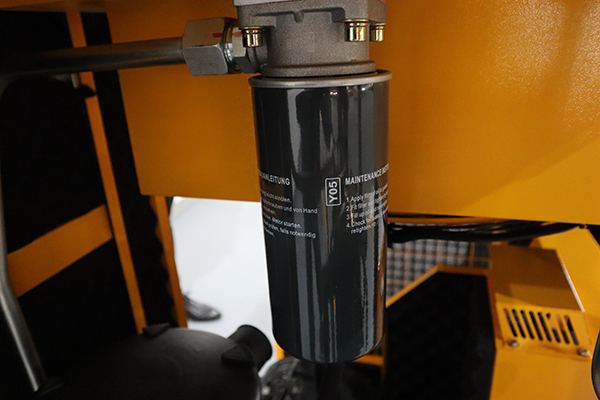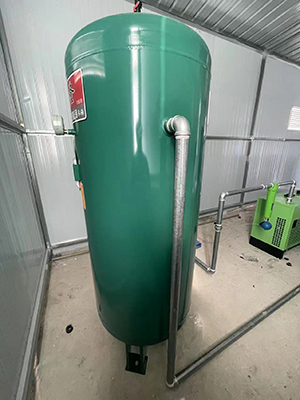The Role of AI in Modern Healthcare
News 2025-10-24
Artificial intelligence (AI) is revolutionizing healthcare by enhancing diagnostic processes and patient care through advanced data analysis. AI technologies, such as machine learning models, process vast amounts of medical data to support clinicians in making informed decisions, ultimately leading to better health outcomes and more efficient systems.

Application Scenarios
AI plays a crucial role in medical imaging, where it identifies abnormalities in scans like X-rays and MRIs with high accuracy. In telemedicine, AI enables remote monitoring of patients with chronic conditions, facilitating timely interventions. It also streamlines administrative tasks in hospitals, reducing wait times and improving resource allocation.
Performance Advantages
AI delivers faster analysis of complex datasets, allowing for quicker detection of diseases and personalized treatment recommendations. Its ability to learn from new data ensures continuous improvement in accuracy, outperforming traditional methods in predictive analytics. Additionally, AI optimizes workflow efficiency, cutting costs and minimizing errors in clinical settings.
Frequently Asked Questions
1. How does AI enhance medical diagnostics?
AI uses algorithms to detect patterns in data that indicate diseases, often achieving higher accuracy and speed than human analysis.
2. What are key benefits of AI in patient care?
AI personalizes treatment plans and predicts health risks, leading to proactive care and better patient outcomes.
3. Are there limitations to AI in healthcare?
Challenges include the need for high-quality data and addressing biases to ensure fair and reliable applications.


